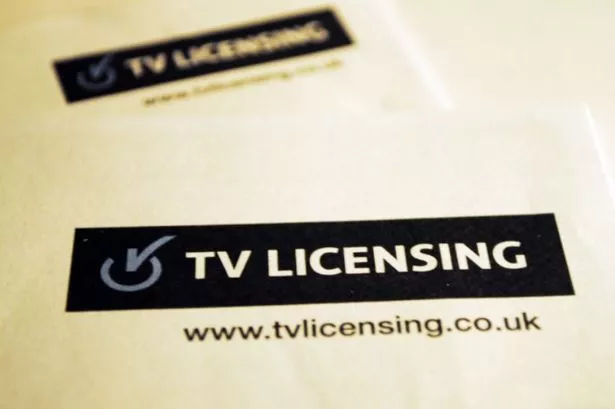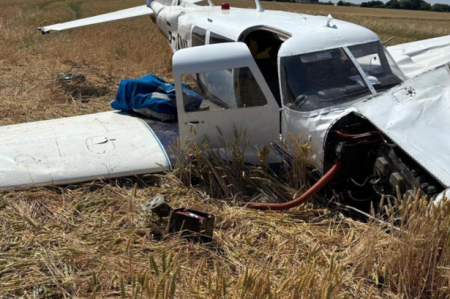The BBC TV Licence fee is an annual charge required to watch live television broadcasts or use BBC iPlayer in the UK. Set to increase in April 2025, the fee is a crucial source of funding for the BBC, allowing it to produce diverse programming across radio, television, and online services. Despite its importance, many individuals seek ways to mitigate the financial burden associated with the fee. Understanding the circumstances that allow for a free licence or a refund can help residents navigate this obligation more effectively.
One of the primary exemptions from the TV Licence fee is based on age. Individuals who are 75 years or older can obtain a free TV Licence, which has remained unchanged despite various public debates surrounding the future of the fee. However, it is essential that eligible individuals apply for this concession to ensure they do not incur unnecessary charges. The process is straightforward, typically requiring proof of age along with a completed application form. This exemption significantly aids senior citizens, allowing them to access television without added financial pressure.
For those living with disabilities, there are additional considerations regarding TV Licence fees. Individuals receiving certain benefits, such as the Attendance Allowance, can be eligible for a discounted fee or exemption. This provision acknowledges the financial strain disabilities may place on individuals, making the TV Licence fee a critical concern. By offering concessions for disabled individuals, the BBC aims to maintain accessibility to its services, ensuring that everyone can enjoy public broadcasting without undue hardship.
In some instances, refunds may also be available for those who have already paid the TV Licence fee but later become eligible for an exemption. For example, if someone turns 75 during the licence period, they can apply for a refund for the remaining months of that period after receiving their free licence. It is crucial for individuals to keep careful records of their payments and monitor changes in their eligibility to maximize these financial benefits. Engaging with the application process in a timely manner can lead to significant savings for many households.
Additionally, there are specific situations that warrant a refund based on relocation or changes in living circumstances. If a household moves into a care home, for instance, and the individual does not intend to watch live television at their new residence, they may be eligible for a refund. Similarly, if a person changes their living situation and no longer uses live television services, ensuring that they promptly update their licence status can result in appropriate refunds for any overpayments.
In summary, as the BBC TV Licence fee is set to rise in 2025, understanding the nuances of fee exemptions and refund opportunities is crucial for individuals across the UK. Seniors, disabled individuals, and those experiencing significant life changes can benefit from the concessions available. By remaining informed and proactive, individuals can effectively manage their TV Licence obligations while ensuring they continue to enjoy the BBC’s rich array of programming without financial strain.














